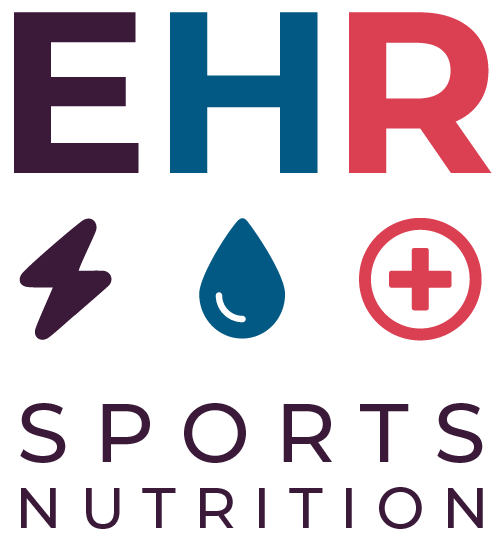
Recovery Nutrition for Runners: The Key to Optimal Performance
Share
Running is a demanding sport that requires a lot of physical and mental effort. While training and preparing for races is essential, recovery is just as critical to a runner's success. Without proper recovery, runners risk injury, fatigue, and decreased performance. One of the essential aspects of recovery is nutrition. This article will explore the best recovery nutrition for runners and how it can help optimise performance.
The Importance of Recovery Nutrition for Runners
Recovery nutrition is critical for runners because it helps repair the muscles, replenish energy stores, and reduce inflammation and oxidative stress. The body needs the proper nutrients to recover from the demands of running, and a well-planned diet can help maximise the benefits of training. In addition, adequate recovery nutrition can help prevent injury, reduce fatigue, and support overall health and wellness.
Macronutrients for Recovery
Carbohydrates, protein, and fats are the three macronutrients that play a crucial role in recovery nutrition for runners. It's vital to replenish the body's energy stores with carbohydrates after a workout and repair and rebuild muscle tissue with protein. Fats also play a critical role in supporting overall health, reducing inflammation, and aiding recovery.
Carbohydrates
Carbohydrates are the body's primary energy source, and they play a crucial role in recovery nutrition for runners. Consuming carbohydrates after a workout can help replenish the body's energy stores, reduce fatigue, and support overall performance. The best sources of carbohydrates for runners are whole grains, fruits, and vegetables.
Protein
Protein is essential for repairing and rebuilding muscle tissue after a workout. Therefore, consuming protein after training can help support muscle recovery and reduce the risk of injury. The best protein sources for runners include lean meats, dairy, and plant-based sources like beans, lentils, and tofu.
Fats
Fats are an essential part of a balanced diet and play a critical role in recovery nutrition for runners. They help reduce inflammation, support overall health, and aid in recovery. Good sources of healthy fats include avocados, nuts, seeds, and oily fish like salmon and sardines.
Recovery Shakes
Recovery Drinks are a tremendous post-exercise supplement that gives the body what it needs after a workout. The whey isolate contributes to muscle growth and recovery by providing a combination of protein and carbohydrates to help you repair and build quickly after intense exercise or a long run.
Recovery drinks have a higher protein content and can also be mixed with milk or water. Some sports drinks can be acidic. Protein Recovery mixed with cold milk is neutral and can make a pleasant change, especially if you are training hard for many hours a day.
Hydration for Recovery
In addition to macronutrients, hydration is also critical for recovery. Running can dehydrate, and it's essential to replenish fluids to support the body's recovery process. Aim to drink at least 17-20 ounces of water for every pound lost during a workout, and continue to drink water throughout the day.
Timing of Recovery Nutrition
The timing of recovery nutrition is also critical. It's best to consume a recovery meal or snack within 30 minutes of finishing a workout. This is when the body is most receptive to replenishing energy stores and repairing muscle tissue. A recovery meal or snack should contain carbohydrates, protein, and fats.
Conclusion
Recovery nutrition is a critical aspect of a runner's training and performance. Consuming the right macronutrients, hydration, and timing of recovery nutrition can help support the body's recovery process and optimise performance. By incorporating whole grains, fruits, vegetables, lean meats, dairy, plant-based sources, avocados, nuts, seeds, and oily fish into your diet, runners can ensure they are fueling their bodies with the nutrients they need for optimal recovery and performance.
